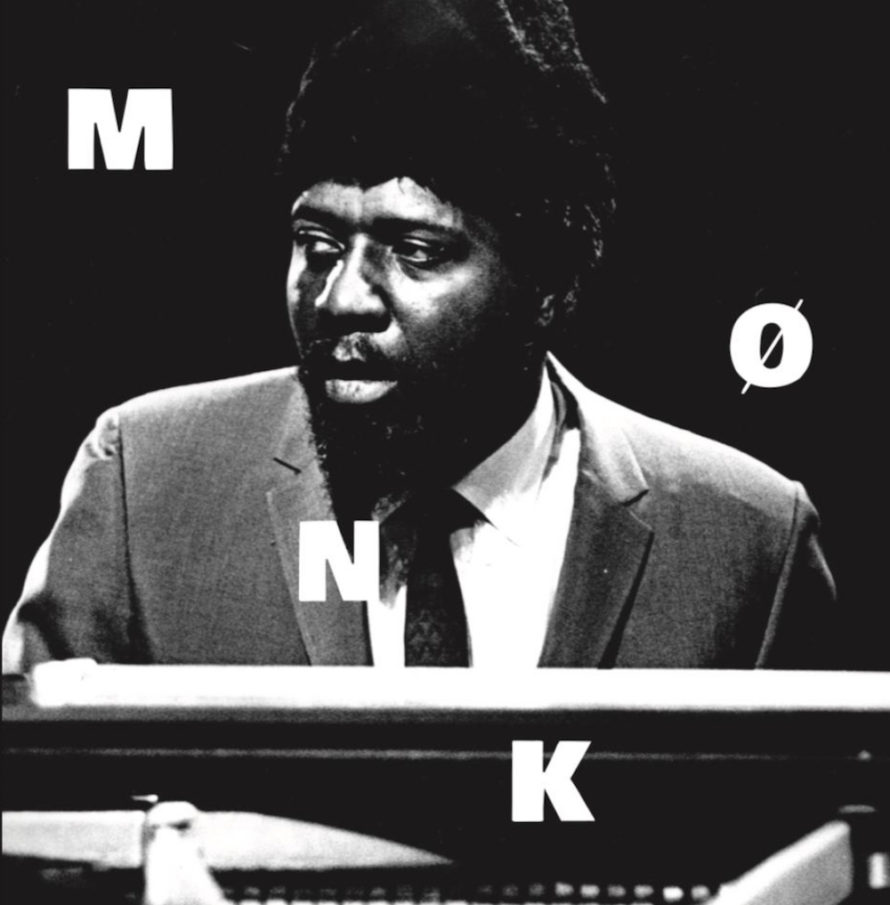
2018 really has been the year for Jazz treasure hunters, with the release of not one, but two, previously unreleased recordings from jazz’s most influential artists – John Coltrane and Thelonious Monk. Back in June we saw the release of Coltrane’s Both Direction at Once: The Lost Album; and now we have Mønk – a previously unreleased recording from the pianist’s prime period, and featuring his critically acclaimed quartet.
The recording, a live tape of a performance at Old Fellow Palæt, Copenhagen in 1963, was saved from a skip by a Danish producer twenty years ago. Discovered by Gearbox Records amongst a collection of other tapes, the original recordings have now been restored, mastered and cut using the company’s all-analogue process, and released with the permission of the Monk estate.
Joining Monk on the record are saxophonist Charlie Rouse, bassist John Ore (who later played with Sun Ra) and drummer Frankie Dunlop. It was with this trio that Monk would go on to record the Columbia studio albums Monks Dream and Criss-Cross. Three of the five compositions on the record are Monk originals and sit alongside two interpretations of popular jazz standards: “I’m Getting Sentimental Over You” and the oft covered “Body and Soul”. Given this is a live recording, the time constraints of a studio recording are done away with, giving the players ample room to stretch out and demonstrate their considerable talents. By this point the quartet had been playing together for three to four years, and it really shows, with the band sounding wonderfully attuned to Monk’s cues as well as to each others playing.
Opening two tracks “Bye-Ya” and “Nutty” have a combined run time of close to twenty minutes, and yet neither track drags or overstays its welcome. Indeed, there is plenty going on in both to capture the listener’s attention. “Bye-Ya”, a lively uptempo swing number, opens with a dramatic drum solo from Dunlop, and also features a sublime piano solo from Monk. If it wasn’t for the utterly polite and restrained applause midway through, it’d be easy to forget this was a live recording. “Nutty” highlights Monk’s ability as an accompanist, with Rouse largely taking centre stage with a stellar sax solo. It’s a stunning piece of interplay from quartet, and is one of the album’s finest moments.
Monk’s interpretation of the Tommy Dorsey track “I’m Getting Sentimental Over You” is simply beautiful, right from that emotive piano introduction. Saxophonist Rouse once again gets to shine in the spotlight with a wonderful solo. in contrast to the other tracks on the album, “Body and Soul”, is all Monk, with the pianist performing the popular standard unaccompanied, and it is truly delightful. It’s a playful interpretation, with Monk embellishing, experimenting and injecting his individuality into that familiar melody, and it is a strong reminder of Monk’s prowess as a jazz performer and pianist. Finally, “Monk’s Dream”, is another great example of the quartet’s ability to play as a collective. There is an easiness, looseness and breeziness to the performance, that really belies the tightness of the group. Nothing is forced, everyone is where they should be, when they should be. Safe to say, on this particular night in Copenhagen, the band were on the money!
To find a recording like this, one that, if it were not for that producers rummaging, would have been lost forever is exciting. It might cover some familiar ground, but Mønk offers a wonderful glimpse at a creative mind at work, and a group playing at the height of their ability. It’s a lesson in improvisation, and a welcome reminder of Monk’s ability as both a pianist and band leader. Unlike some jazz live recordings, too, this is high quality stuff. Pour yourself a glass or two of wine, and allow yourself to be transported back into time to heyday of be-bop.
![]()
![]()
![]()
![]()
![]()
FOUR AND A HALF STARS (OUT OF FIVE)
Mønk is available now through Gearbox Records.
